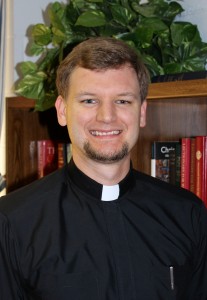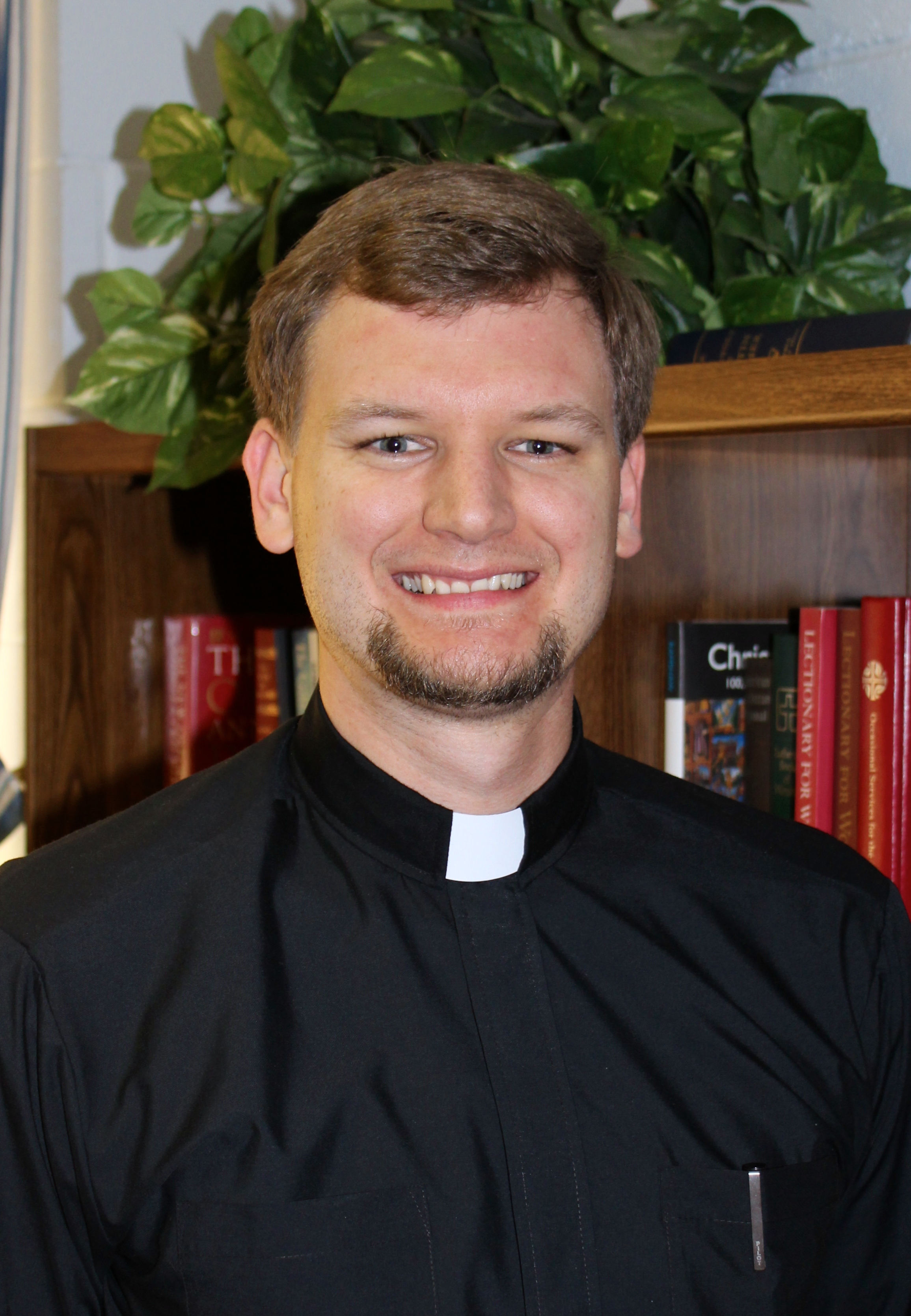Engaging Gender: A Shift in Understanding and the Naming of Privilege – Travis Meier
 For most of my life I understood gender to be a clear, binary concept. You were either male. Or you were female. This was supported by a “traditional” understanding of the role of each gender. As I remember growing up, this could be seen and experienced in popular culture. Movies, T.V. shows, and music, for the most part, pointed to and promoted, the male/female binary. Gender roles and patterns for living were defined:
For most of my life I understood gender to be a clear, binary concept. You were either male. Or you were female. This was supported by a “traditional” understanding of the role of each gender. As I remember growing up, this could be seen and experienced in popular culture. Movies, T.V. shows, and music, for the most part, pointed to and promoted, the male/female binary. Gender roles and patterns for living were defined:
– Males as the head of house and bread winner.
– Females as homemaker or supporting cast at work; secretary, nurse, etc.
The conversation of gender in our context also has the general overtone of sex. We struggle with conversations of sex in the American context. We are critical of sex for our youth – for the sake of their morality and perhaps our own guilty consciences. We strive to protect sex for the “sanctity of marriage” (between a male and a female) – yet we model the opposite in pop-culture. This needs to be named when talking about gender.
I realize that I am writing with broad strokes here, but this is my experience. Nothing sticks out that challenged the culturally defined roles of male and female. The fact that there were only two options is telling in and of itself. There seemed to be no other options or opportunities.
The church (again, broad meaning – I grew up Lutheran, but was surrounded by other denominations) taught the same, binary message. And was also devoid of other options or possibilities.
Over the last few years I have had my eyes opened to a diverse understanding of gender. What I have encountered is not a binary system. I now experience gender as a spectrum. Gender is multifaceted. The concept of gender goes beyond the traditional male/female binary and the biological understanding of sexual organs.
I now encounter gender as a diversity of people who experience life and live out their identities beyond the male/female binary. I struggle to put this in words because I am still learning the language. The concepts are still fairly new to me. I am learning what this means for our life together as a global community.
It took a long time for me to encounter this diversity of gender. I did not think about gender a great deal as I was growing up. I was born a male. I experienced life as a male. I followed the “rules” of being a male, as I was taught them through my cultural experience. Being male is part of my identity. I grew up not giving this aspect of who I am much thought. I was not challenged in my masculinity. I was attracted to girls. I could hold my own in sports. I enjoyed doing the things males were supposed to do in their lives. I never had to think about it.
One of my first memories of having the binary construct of gender shaken was a conversation with a friend about why he wore women’s jeans. To him the jeans made for women fit better. He was a tall, lanky guy and the typical cut of “guy’s” jeans did not fit to his liking. So he bought his jeans in the women’s section of the store. I distinctly remember him telling me – “Jeans don’t have a gender. They’re just jeans.”
I grew up as a member of the dominant culture in the United States. I am a white, straight, educated (two degrees), Protestant (Lutheran, ELCA), male, pastor. According to our culture, I pretty much sit at the apex of power and privilege. I have the means and the access to make the most of the opportunities present in my life. I am a poster child for middle class success.
It is with this understanding that I reflect upon gender through a lens of privilege.
As a member of the dominant culture, as a person of privilege, I am part of the group that makes the rules. I will grant that we have come a long way, but in our American context, it seems that white, straight men still get to call the shots in both secular and church life. Just look at the dominant persons in politics and church leadership. While the landscape is changing, the status quo still remains predominantly male and white.
As a cisgender man who is also white, I get to enjoy all the benefits of my “maleness” and my “whiteness” without much thought. And I did for most of my life. That’s what privilege looks like. Privilege is never having to think about not getting into college, not getting a job, being refused service, not receiving a competitive salary – and this list goes on and on – based on my gender or the color of my skin. I do not have to question my decisions or choices on a regular basis because for the most part they are never challenged by anyone. That’s privilege – particularly “male privilege” and “white privilege.”
As I reflect on my experience with gender, I currently understand two options.
As a male, I could remain silent. I could enjoy the benefits of my gender and skin tone without breaking a sweat. I have that option in our culture.
I also have the option of being an advocate. I have the option of promoting and supporting the beautiful diversity in our world. I have the option of participating in what God is already doing through Jesus Christ – giving abundant life for the whole community.
The first one is self-centered (one of the issues with privilege) and promotes and participates in social death. The second option promotes and participates in abundant life for the whole community.
On my best days I like to think I choose the second. I am learning about how my own privilege affects others. In raising my own awareness, I hope to become a better advocate and participant in the struggle for God’s kingdom. A kingdom where all have a place at the table.
My hope is that people of privilege choose the latter option. The option that gives life to all in the community.
This is a struggle. And one of the first steps is being confronted with one’s privilege and how it affects the community as a whole.
Blessings to you for joining this conversation.
—–
Rev. Travis Meier serves as the Associate Pastor at Bethany Lutheran Church (ELCA) in Fredericksburg, Texas. After earning a Bachelor of Arts in English Literature from Texas A&M University, Travis moved from his rural Texas roots to the metropolis of Chicago to engage in his seminary studies. He holds a M. Div. from the Lutheran School of Theology at Chicago where, throughout his coursework, his focus was on Biblical studies and the New Testament concept of the “principalities and powers.”
Travis and his wife Katie owe their relationship to a love of coffee. He enjoys the musical stylings of such artists as the Dave Matthews Band, Tom Waits, Jason Isbell, and Matt Nathanson. He enjoys the literary works of J.R.R. Tolkein, Kurt Vonnegut, Ernest Hemingway, and J.K. Rowling. You can read more of his work on his blog, thebartimaeuseffect.blogspot.com, or follow him on Twitter, @tmeierontheway.

